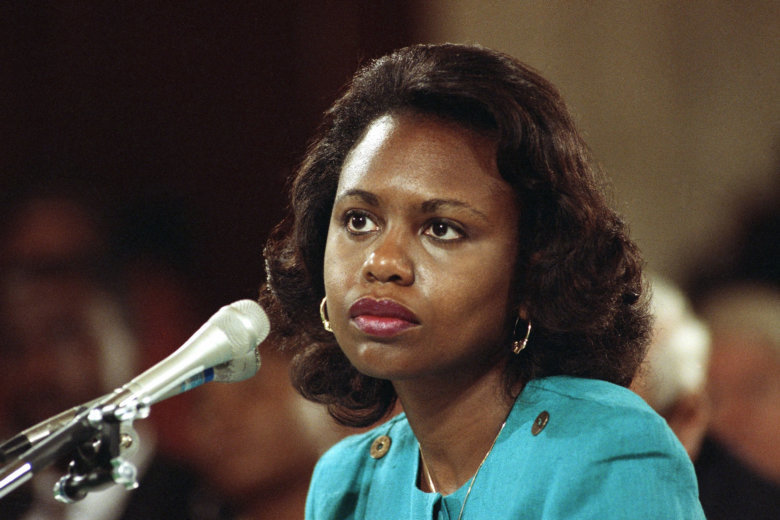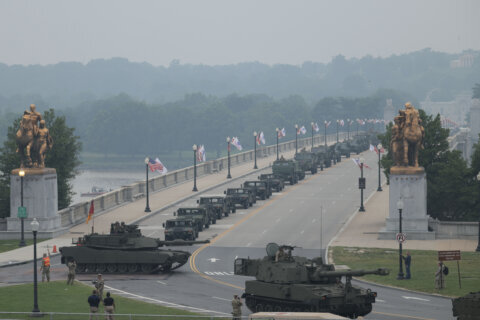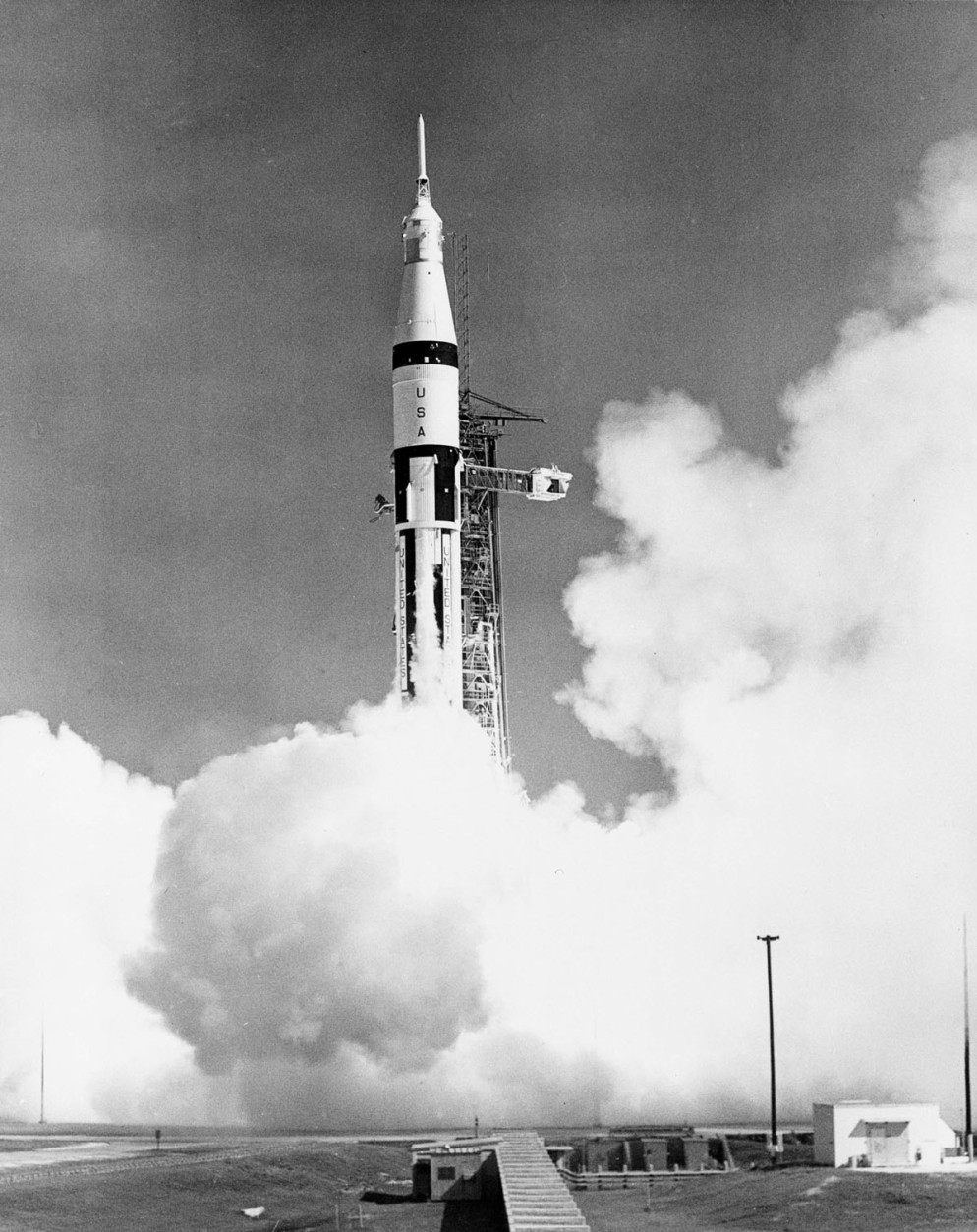
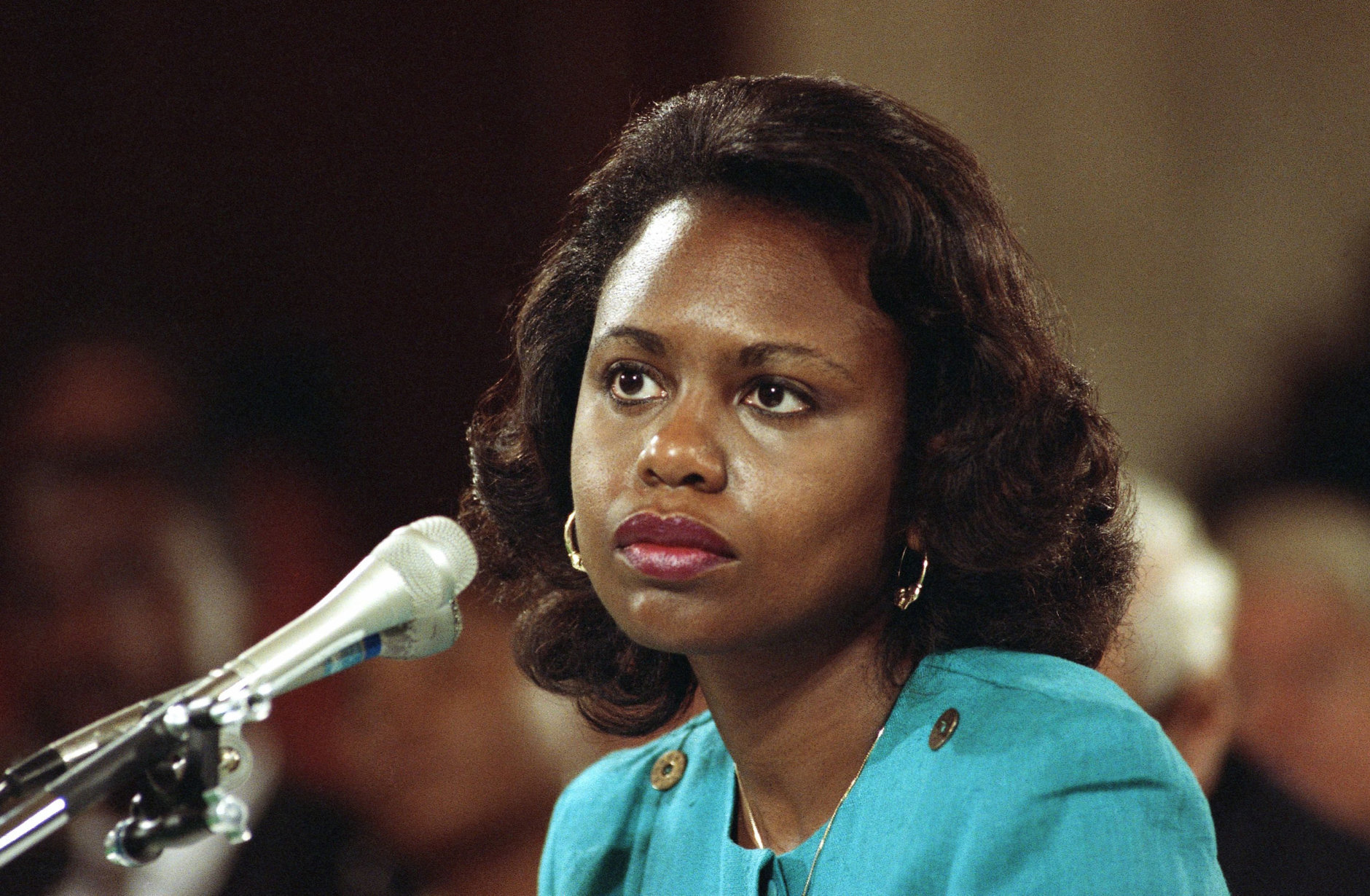
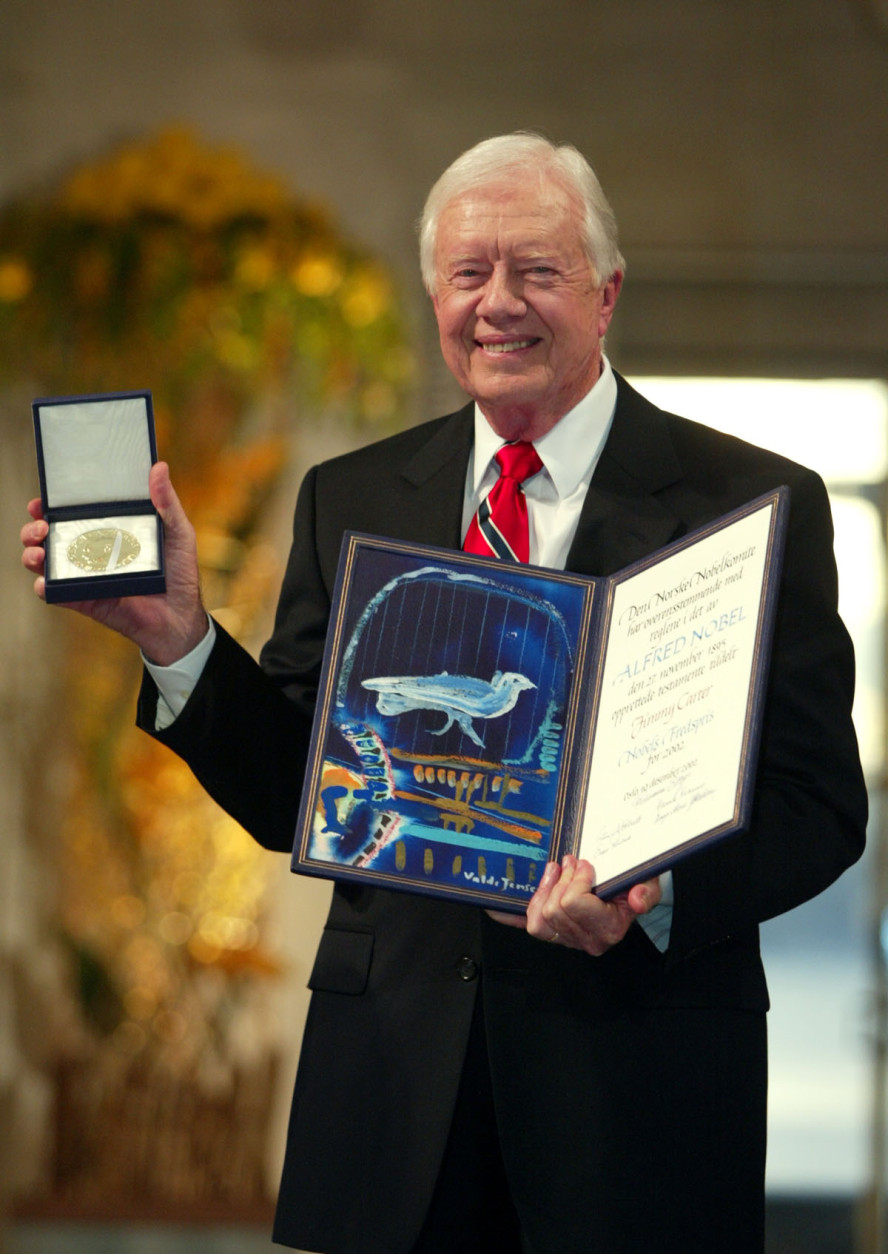
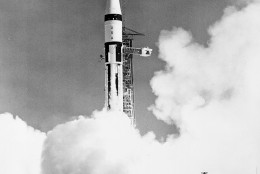
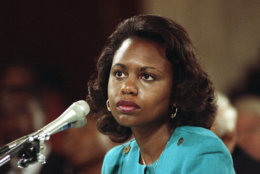
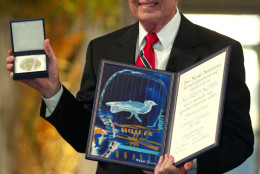
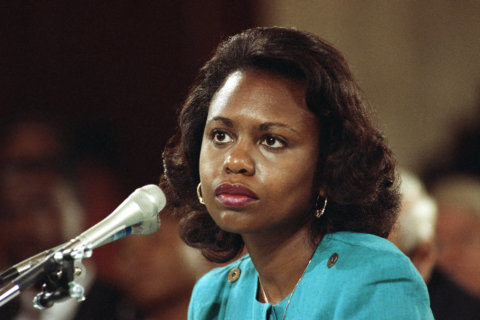
Today is Friday, Oct. 11, the 284th day of 2019. There are 81 days left in the year.
Today’s Highlight in History:
On Oct. 11, 1986, President Ronald Reagan and Soviet leader Mikhail S. Gorbachev opened two days of talks concerning arms control and human rights in Reykjavik, Iceland.
On this date:
In 1809, just over three years after the famous Lewis and Clark expedition ended, Meriwether Lewis was found dead in a Tennessee inn, an apparent suicide; he was 35.
In 1906, the San Francisco Board of Education ordered the city’s Asian students segregated in a purely “Oriental” school. (The order was later rescinded at the behest of President Theodore Roosevelt, who promised to curb future Japanese immigration to the United States.)
In 1910, Theodore Roosevelt became the first former U.S. president to fly in an airplane during a visit to St. Louis.
In 1958, the lunar probe Pioneer 1 was launched; it failed to go as far out as planned, fell back to Earth, and burned up in the atmosphere.
In 1968, Apollo 7, the first manned Apollo mission, was launched with astronauts Wally Schirra (shih-RAH’), Donn Fulton Eisele and R. Walter Cunningham aboard. The government of Panama was overthrown in a military coup.
In 1975, Bill Clinton and Hillary Diane Rodham were married in Fayetteville, Arkansas. “NBC Saturday Night” (later “Saturday Night Live”) made its debut with guest host George Carlin.
In 1983, the last full-fledged hand-cranked telephone system in the United States went out of service as 440 telephone customers in Bryant Pond, Maine, were switched over to direct-dial service.
In 1991, testifying before the Senate Judiciary Committee, Anita Hill accused Supreme Court nominee Clarence Thomas of sexually harassing her; Thomas re-appeared before the panel to denounce the proceedings as a “high-tech lynching.”
In 1992, in the first of three presidential debates, three candidates faced off against each other in St. Louis: President George H.W. Bush, Arkansas Gov. Bill Clinton and businessman Ross Perot.
In 2001, in his first prime-time news conference since taking office, President George W. Bush said “it may take a year or two” to track down Osama bin Laden and his terrorist network in Afghanistan, but he asserted that after a five-day aerial bombardment, “we’ve got them on the run.”
In 2002, former President Jimmy Carter was named the recipient of the Nobel Peace Prize.
In 2006, a single-engine plane carrying New York Yankees pitcher Cory Lidle (LY’-dul) and flight instructor Tyler Stanger crashed into a high-rise apartment building in New York City, killing both men.
Ten years ago: Thousands of gay rights supporters marched from the White House to the U.S. Capitol. A 22-hour attack on Pakistan’s army headquarters in Rawalpindi ended with nine militants and 14 others dead. A Russian Soyuz capsule carrying Cirque du Soleil founder Guy Laliberte (gee lah-lee-behr-TAY’) and two other space travelers landed safely in Kazakhstan.
Five years ago: The International Monetary Fund’s policy-setting committee promised “bold and ambitious” action to boost a global recovery that was showing signs of weakness. Customs and health officials began taking the temperatures of passengers arriving at New York’s Kennedy International Airport from three West African countries in a stepped-up screening effort meant to prevent the spread of the Ebola virus.
One year ago: As residents in the Florida Panhandle emerged from shelters and hotels to find homes and businesses torn to pieces by Hurricane Michael, the remnants of the hurricane brought flash flooding to North Carolina and Virginia. A rocket carrying an American and a Russian to the International Space Station failed two minutes into the flight, sending the capsule into a steep, harrowing fall back to Earth; the crew landed safely in Kazakhstan. Rapper Kanye West, seated across from President Donald Trump in the Oval Office, delivered a rambling and sometimes profane monologue that touched on social issues, hydrogen planes and mental health. The Supreme Court in Washington state unanimously struck down the state’s death penalty as arbitrary and racially-biased, making Washington the 20th state to do away with capital punishment.
Copyright © 2026 The Associated Press. All rights reserved. This material may not be published, broadcast, written or redistributed.

